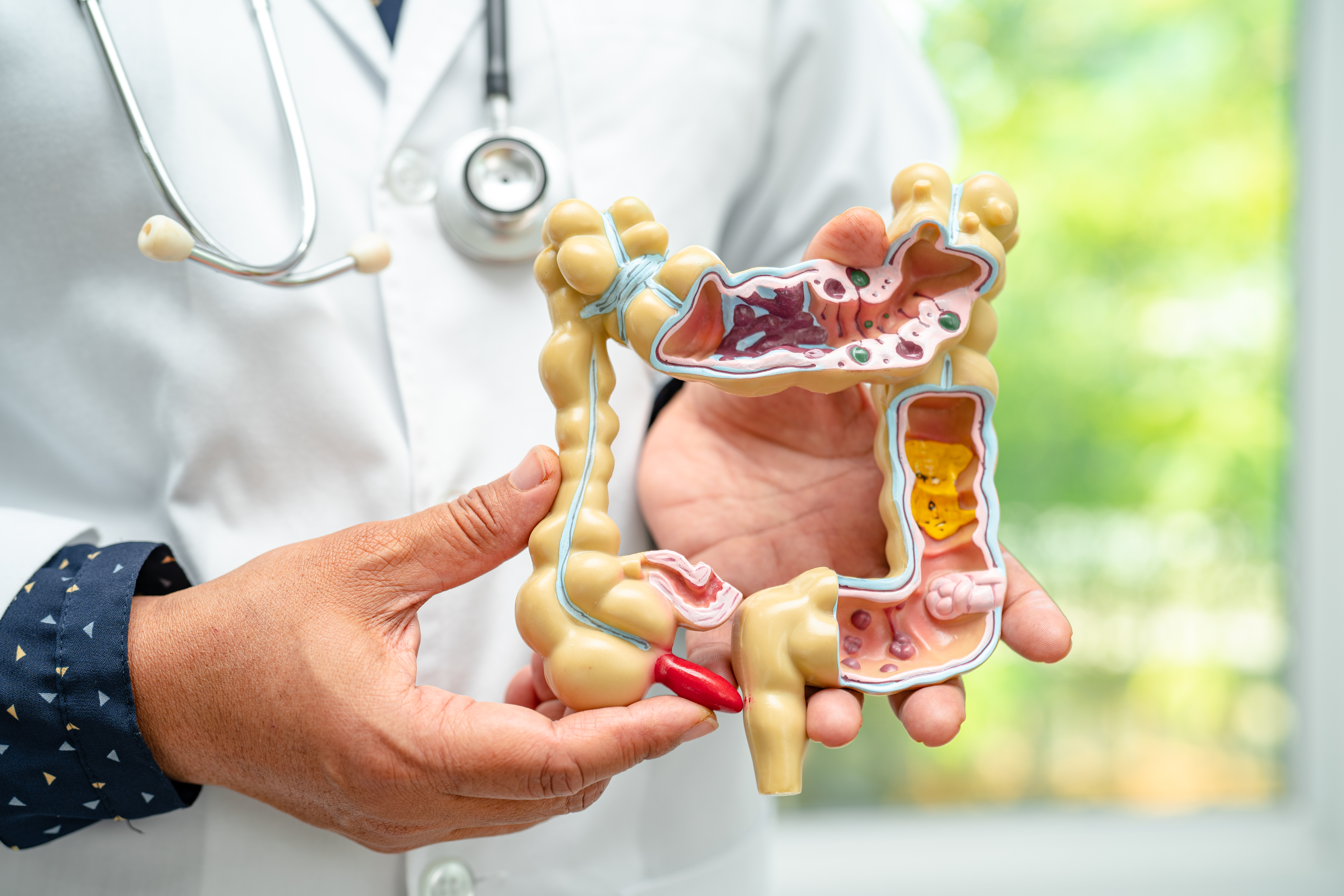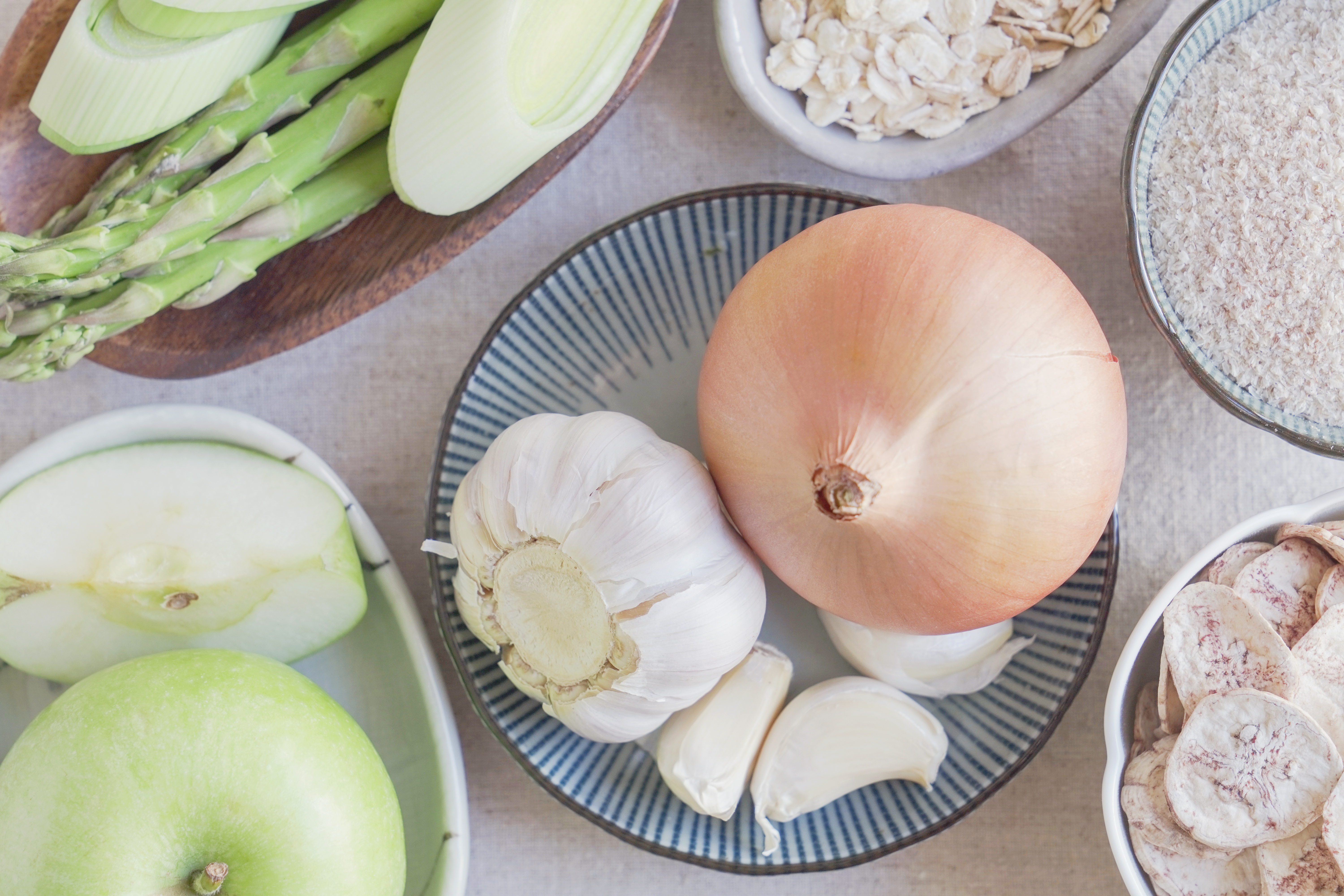11 Ways Antibiotics Impact Your Gut And What To Do About It
The human gut is a bustling metropolis of microorganisms, with trillions of bacteria, viruses, and fungi coexisting in a delicate balance. This microbiome is crucial for overall health, influencing everything from digestion to immune function. However, antibiotics, while life-saving, can disrupt this equilibrium by indiscriminately targeting both harmful and beneficial bacteria. This disruption can lead to a cascade of effects, including antibiotic resistance and gastrointestinal disturbances. Understanding the intricate relationship between antibiotics and gut health is essential for fostering a balanced microbiome. Below are 11 key truths about this complex interplay, including the implications of antibiotic use and strategies to nurture gut balance.
1. The Essential Role of Gut Microbiota

The gut microbiota is a diverse ecosystem, home to over 1,000 species of bacteria. These microorganisms are essential for digestion, breaking down complex carbohydrates and synthesizing vital vitamins. Beyond digestion, they play a crucial role in immune function, training the body to distinguish between harmful and benign entities. The gut microbiota also communicates with the brain through the gut-brain axis, influencing mood and cognitive function. Disruptions to this ecosystem can affect gastrointestinal health, metabolism, and neurological well-being. Given its far-reaching impact, maintaining a balanced gut microbiota is key to overall health, particularly when antibiotic use is involved.
2. Antibiotics: A Double-Edged Sword

Antibiotics have revolutionized medicine, saving countless lives from bacterial infections. However, their widespread use comes with unintended consequences. Because antibiotics do not distinguish between harmful and beneficial bacteria, they often reduce microbial diversity, leading to an imbalance known as dysbiosis. This imbalance has been linked to various health issues, including inflammatory bowel disease, obesity, and allergies. Additionally, the overuse and misuse of antibiotics have contributed to the rise of antibiotic-resistant bacteria, posing a significant public health challenge. The benefits of antibiotics must be weighed against their potential impact on gut health, emphasizing the need for cautious and responsible use.
3. The Impact of Antibiotics on Gut Diversity

A diverse gut microbiome is essential for maintaining overall health. Each species of bacteria plays a unique role in nutrient absorption, immune regulation, and disease prevention. Antibiotics can significantly alter this diversity, often resulting in the overgrowth of less beneficial bacteria. Even short courses of antibiotics can have long-lasting effects on microbial diversity, which may take months or even years to recover. Reduced diversity has been linked to chronic conditions such as irritable bowel syndrome (IBS) and metabolic disorders. Restoring gut diversity after antibiotic use is crucial for maintaining a healthy digestive and immune system.
4. Antibiotic Resistance: A Growing Concern

Antibiotic resistance is a global crisis fueled by excessive antibiotic use. Some bacteria develop mechanisms to survive antibiotic treatment, making infections harder to treat. The gut microbiota plays a role in this process by acting as a reservoir for resistant genes. When antibiotics disrupt the gut balance, resistant bacteria can spread more easily. This poses a serious health threat, as resistant infections become increasingly difficult to manage. Addressing this challenge requires a collective effort, including more responsible antibiotic use, continued research into alternative treatments, and global public health initiatives to curb resistance.
5. The Gut-Immune System Connection

Approximately 70% of the immune system resides in the gut, where it interacts with the microbiota to regulate immune responses. A well-balanced microbiome helps train immune cells to tolerate beneficial microbes while defending against harmful pathogens. Antibiotics can disrupt this balance, potentially leading to immune dysfunction. Studies have linked gut dysbiosis to an increased risk of autoimmune diseases, allergies, and infections. Maintaining a healthy gut microbiota is essential for supporting immune resilience, reducing inflammation, and preventing chronic health conditions.
6. Restoring Gut Health Post-Antibiotics

After taking antibiotics, the gut microbiota may take time to recover. Probiotics, which introduce beneficial bacteria, can help replenish the gut and reduce antibiotic-associated side effects such as diarrhea. Prebiotics, found in fiber-rich foods, nourish good bacteria and encourage their growth. A balanced diet rich in whole foods, fermented products like yogurt and sauerkraut, and adequate hydration supports gut recovery. While antibiotics are sometimes necessary, taking steps to restore gut health afterward can help mitigate their impact.
7. The Role of Diet in Gut Health

Diet plays a significant role in shaping the gut microbiota. Whole foods, rich in fiber and nutrients, help beneficial bacteria thrive, while processed foods and excess sugar can promote the growth of harmful bacteria. The Mediterranean diet, which emphasizes fruits, vegetables, whole grains, and healthy fats, has been shown to support gut diversity and balance. Avoiding excessive consumption of artificial sweeteners, fried foods, and preservatives can also help maintain a stable microbiome. Making mindful dietary choices can support gut health, especially after antibiotic use.
8. Probiotics and Prebiotics: Allies for Gut Balance

Probiotics and prebiotics work together to maintain a healthy gut. Probiotics introduce beneficial bacteria, while prebiotics provide the necessary nutrients for these bacteria to thrive. Research shows that certain strains of probiotics, such as Lactobacillus and Bifidobacterium, can help prevent antibiotic-associated diarrhea and support immune function. Prebiotic-rich foods, including onions, garlic, bananas, and oats, help sustain gut bacteria and promote diversity. Incorporating both probiotics and prebiotics into daily life can enhance gut resilience, particularly during and after antibiotic treatment.
9. The Gut-Brain Axis: A Two-Way Street

The gut and brain are intricately connected through the gut-brain axis, influencing mood, cognition, and overall mental health. The gut microbiota plays a vital role in producing neurotransmitters like serotonin and dopamine, which regulate mood. Disruptions caused by antibiotics can interfere with this balance, potentially contributing to anxiety, depression, and cognitive changes. Studies suggest that maintaining a diverse microbiome can positively impact mental well-being. Understanding this connection highlights the importance of preserving gut health for both physical and psychological benefits.
10. The Future of Antibiotics and Gut Health

The future of antibiotic use is shifting toward more targeted therapies that minimize damage to beneficial bacteria. Innovations such as phage therapy, which uses viruses to target specific bacterial infections, and narrow-spectrum antibiotics aim to reduce collateral damage to the microbiome. Advances in microbiome research are also leading to personalized probiotic treatments that restore gut balance more effectively. As scientific understanding deepens, new approaches to treating infections will prioritize gut health while combating bacterial resistance.
11. Practical Tips for Nurturing Gut Balance

Supporting gut health requires a holistic approach that includes diet, lifestyle, and mindful antibiotic use. Eating a variety of fiber-rich foods, consuming fermented products, and taking probiotics can help maintain microbial diversity. Regular exercise, stress management, and quality sleep also play a role in gut balance. If antibiotics are necessary, discussing their impact with a healthcare provider and incorporating gut-friendly habits can minimize disruptions. By taking proactive steps, individuals can strengthen their microbiome and support long-term digestive and immune health.
Embracing a Balanced Approach to Antibiotics and Gut Health

The relationship between antibiotics and gut health underscores the complexity of the human microbiome. While antibiotics remain essential for fighting bacterial infections, their effects on gut balance highlight the need for cautious use. Adopting strategies such as mindful dietary choices, probiotic supplementation, and lifestyle adjustments can help mitigate their impact. Understanding the implications of antibiotic use empowers individuals to make informed health decisions and cultivate a resilient gut microbiome. As research continues to uncover the profound connections between gut health and overall well-being, a balanced approach will be key to promoting long-term health and vitality.